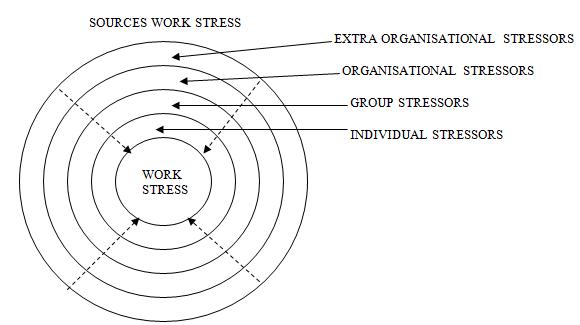Productivity is measured of the efficiency of production. Productivity is defined as total output per unit of a total input.
Low productivity in the workplace can have a dramatic effect on the company but the moment managers see the signs there are immediate change they make to help turn the situation around.
Causes for Low Productivity- Poor management: The main cause of low productivity is poor management. The manager does not take steps to implement the most productive way of doing the things. If the employee feels that their work is not recognized by their supervisor they will not give their 100 percent.


